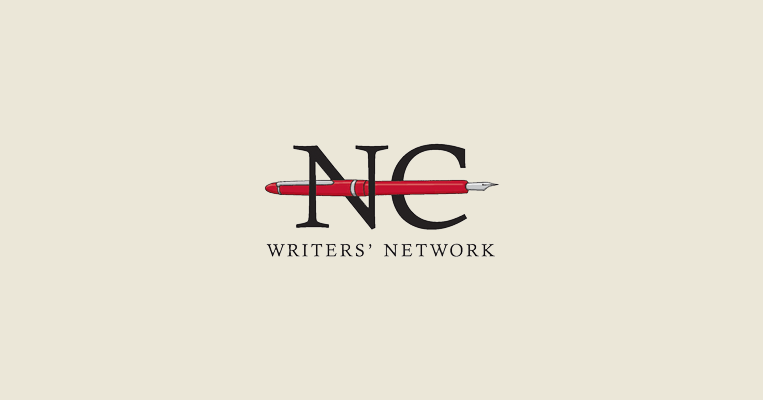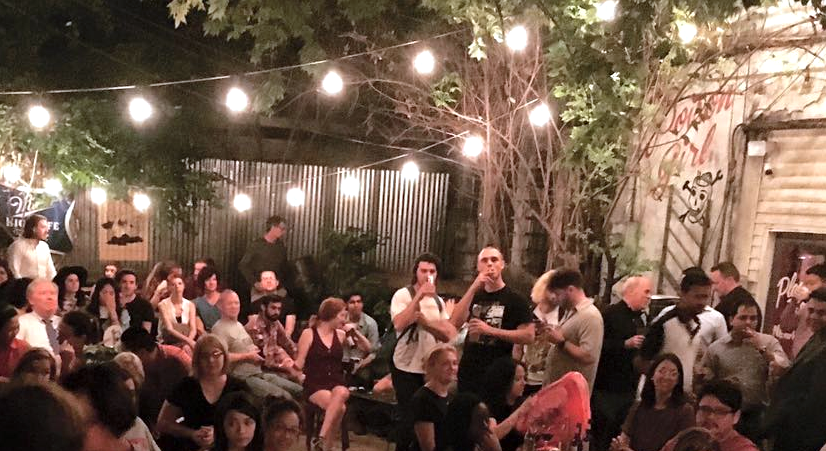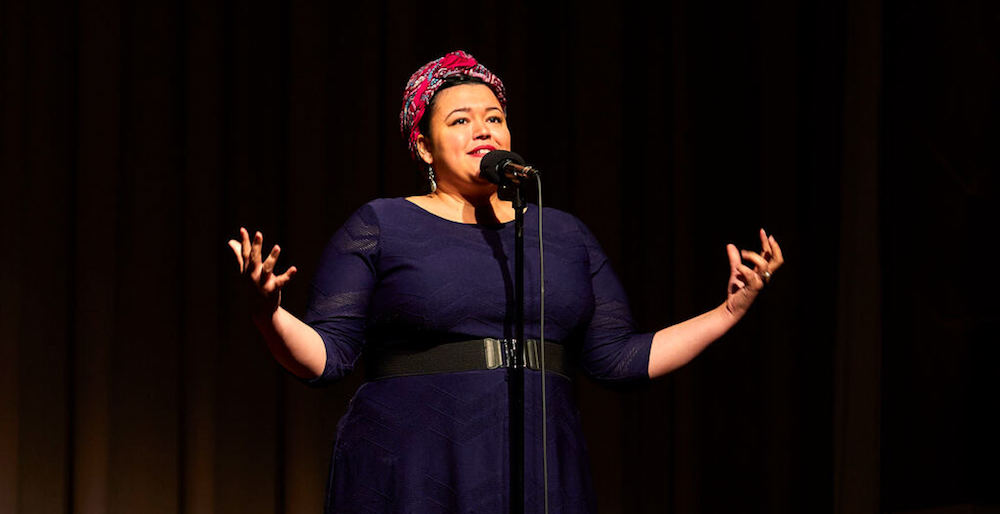As we enter the last month of 2019, the time is right to submit to contests with a deadline of December 15. These poetry, fiction, and nonfiction awards include opportunities to attend a residency in upstate New York and to have your work reviewed by a literary agency. Most offer a prize of $1,000 or more.
Center for Book Arts Letterpress Poetry Chapbook Competition: A prize of $500 and letterpress publication by the Center for Book Arts is given annually for a poetry chapbook. The winner will also receive an additional $500 to give a reading with the contest judge at the Center for Book Arts in New York City in fall 2020, and a weeklong residency at the Winter Shakers program at the Millay Colony for the Arts in Austerlitz, New York. Entry fee: $30.
Commonwealth Club of California Book Awards: Five prizes are given annually for a poetry collection, a book of fiction, a first book of fiction, a book of creative nonfiction, and a book of fiction or nonfiction that relates to California published during the previous year. Books written by authors residing in California are eligible. Entry fee: none.
F(r)iction Short Story Contest: A prize of $1,000 is given three times a year for a short story. Entry fee: $15.
LitMag Virginia Woolf Award for Short Fiction: A prize of $3,500 and publication in LitMag is given annually for a short story. A second-place prize of $1,000 will also be given. The winners will have their work reviewed by Sobel Weber Associates literary agency. The editors will judge. Entry fee: $20.
Mid-American Review Poetry and Fiction Contests: Two prizes of $1,000 each and publication in Mid-American Review are given annually for a poem (the James Wright Poetry Award) and a short story (the Sherwood Anderson Fiction Award). Entry fee: $10.
Silverfish Review Press Gerald Cable Book Award: A prize of $1,000, publication by Silverfish Review Press, and 25 author copies is given annually for a first poetry collection. Entry fee: $25, which includes a copy of the winning book.
Willow Books Literature Awards: Two prizes of $1,000 each and publication by Willow Books are given annually for a book of fiction and a book of creative nonfiction by writers of color. Entry fee: $25.
Visit the contest websites for complete guidelines, and check out the Grants & Awards database and Submission Calendar for more contests in poetry, fiction, and creative nonfiction.








